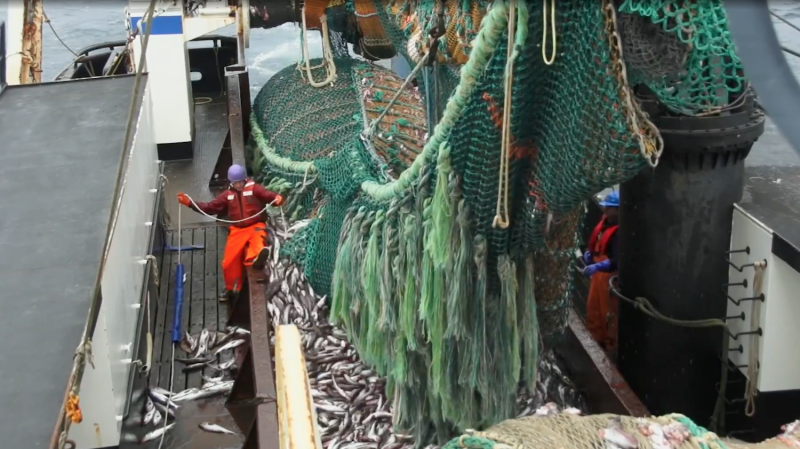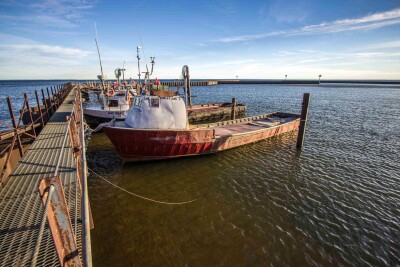The National Marine Fisheries Service reported 24 percent of its staff in the Alaska region have left the agency so far in 2025, after layoffs imposed by the Trump administration, voluntary resignations and workers moving on amid uncertainty nd belief there will be future cutbacks.
In a May 30 management report to the North Pacific Fishery Management Council, the fisheries service said its Alaska region staff “had 115 Federal employees on January 1, 2025 which is now reduced to 87 accounting for a loss of 28 staff (24% of existing staff) due to a combination of probationary terminations, the deferred resignation program, voluntary early retirement, and voluntary separations in anticipation of a reduction in force.”
“These losses will reduce the effectiveness of NOAA Fisheries across a range of specialties, including sustainable fisheries management, the conservation of essential fish habitats and protected species like whales and seals,” the environmental group Oceana said.
The staff losses hit the agency’s Alaska staffing for sustainable fisheries, protected resources like marine mammal, and information services among others. Reduced staffing for data management has raised particular alarm among managers for its potential impact on reporting the catch of big fisheries like pollock – along with bycatch reports that can lead to the council tightening catch limits.
The losses will also likely affect NOAA’s ability to gather, analyze and share critical science around Alaska’s federal fisheries, which is the foundation of sustainably managed fisheries and essential information for policymakers, fishing groups, conservation organizations and Alaskans as a whole.
“NOAA Fisheries is the bedrock of a science-based sustainable approach to managing fisheries in Alaska, and losing one quarter of the regional staff in six months is a direct threat to fisheries, ocean animals and marine ecosystems in the state and beyond,” said Ben Enticknap, a senior scientist at Oceana and its Pacific campaign director.
“Without adequate staffing at NOAA Fisheries the whole fishery management system is at risk, making it ever harder to tackle critical issues facing our oceans like climate change, habitat destruction, and the bycatch of salmon, halibut and crab taken in groundfish trawl fisheries.







